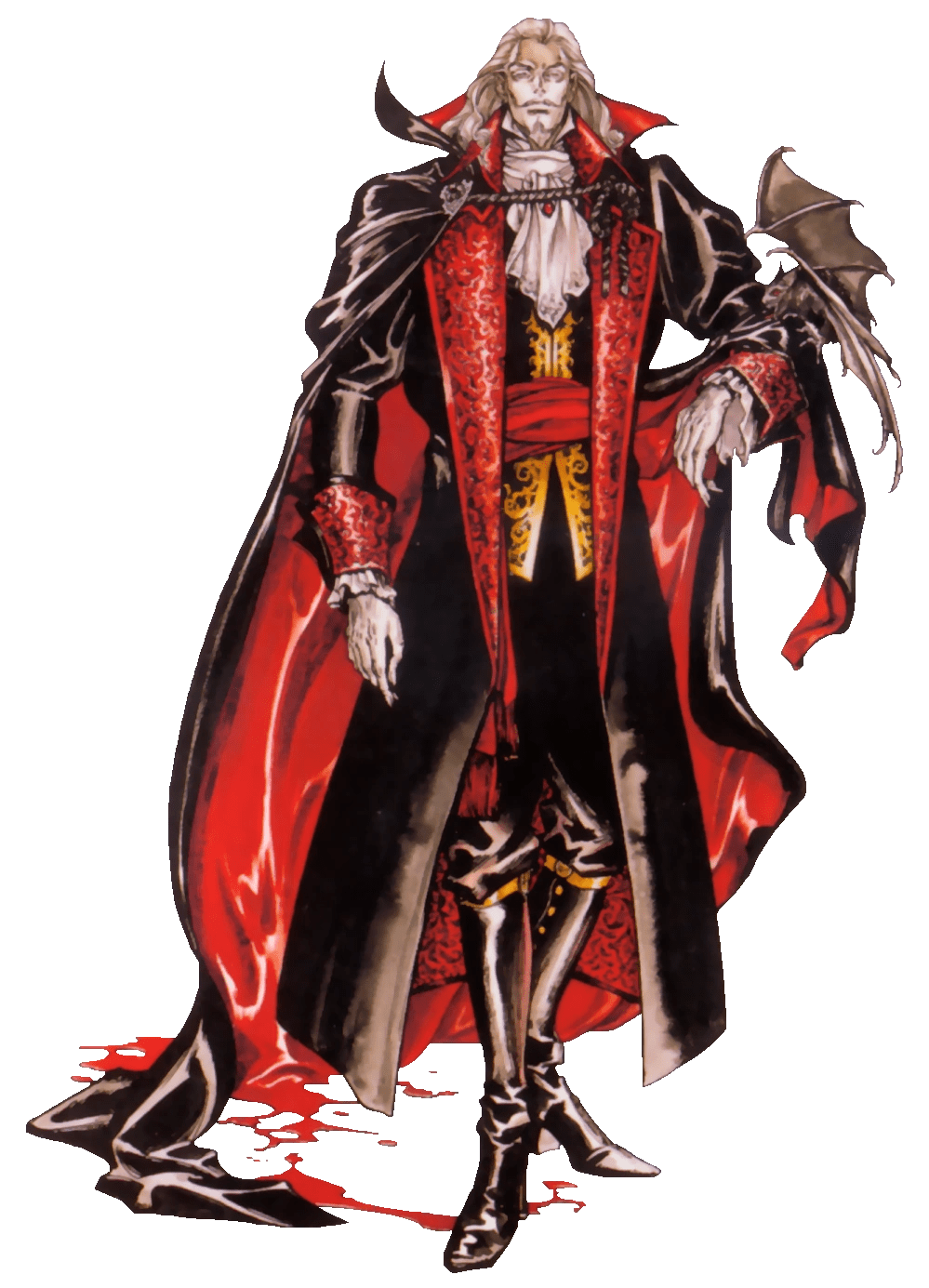Dracula Castlevania has captivated audiences for decades, weaving a tale that intertwines horror, adventure, and rich mythology. Originating from Bram Stoker's iconic novel, Dracula has evolved into a multifaceted character, particularly within the realms of video games, most notably in the Castlevania series. This franchise has not only redefined how we perceive vampires in popular culture but has also set a standard for storytelling and game design within the action-adventure genre.
As players navigate the dark and foreboding world of Castlevania, they encounter the infamous Dracula, a character whose complexity goes far beyond mere villainy. The series artfully blends gothic horror with intricate plots and compelling characters, drawing players into a rich narrative tapestry. The Castlevania series has become synonymous with thrilling gameplay, atmospheric settings, and a hauntingly beautiful soundtrack, all while paying homage to the horror genre's roots.
The legacy of Dracula Castlevania continues to thrive as new generations discover the franchise through various media, including animated series and remastered games. This article delves into the intricate world of Dracula in Castlevania, exploring his origins, evolution, and the impact he has had on both the gaming industry and popular culture.
What is the Origin of Dracula in Castlevania?
Dracula, as a character in the Castlevania series, has its roots in Bram Stoker's 1897 novel. However, the adaptation into the game series has allowed for significant creative liberties that enhance his character. In Castlevania, Dracula is often depicted as a tragic figure, burdened by centuries of loneliness and betrayal. The games explore his backstory, portraying him as a once-noble figure turned into a monster through loss and vengeance.
How Has Dracula's Representation Evolved in the Castlevania Series?
Throughout the Castlevania games, Dracula has undergone various representations, reflecting the changing landscape of video game storytelling. Early titles depicted him primarily as a straightforward antagonist, whereas more recent installments have explored his character depth. The Netflix animated series, for instance, presents him as a deeply complex individual with motivations that challenge the classic "evil villain" trope.
What Are the Key Traits of Dracula in Castlevania?
Dracula's character in Castlevania is defined by several key traits:
- Tragic Heroism: Despite being the main antagonist, Dracula often evokes sympathy due to his tragic backstory.
- Powerful Sorcery: His mastery of dark magic and supernatural abilities makes him a formidable foe.
- Loneliness: A recurring theme is his isolation, which drives much of his malevolence.
- Charm and Charisma: Dracula's ability to manipulate and charm others is a significant aspect of his character.
What Role Does Dracula Play in the Castlevania Gameplay?
In terms of gameplay, Dracula serves as the ultimate boss character in many of the Castlevania games. Players must overcome numerous challenges and adversaries before facing him, making the final confrontation a culmination of their journey. His battles often incorporate unique mechanics, requiring players to adapt and strategize to defeat him.
How Has Dracula Influenced Gaming Culture?
The impact of Dracula in Castlevania extends beyond the game itself. He has become a cultural icon, influencing countless other media representations of vampires. His portrayal in the series has set a benchmark for how vampires are depicted in video games, contributing to the popularity of gothic horror themes in the gaming industry.
What Are the Most Notable Castlevania Titles Featuring Dracula?
Several titles in the Castlevania series prominently feature Dracula, each adding layers to his character:
- Castlevania: Symphony of the Night - This title is often regarded as a masterpiece, showcasing a more complex Dracula.
- Castlevania: Lords of Shadow - A reimagining of the series that presents Dracula in a new light, exploring his motivations.
- Castlevania: Curse of Darkness - Here, Dracula's legacy is explored through the eyes of his followers and adversaries.
- Castlevania: Harmony of Despair - A multiplayer-focused game that allows players to confront Dracula in various settings.
What Is the Legacy of Dracula in Castlevania?
The legacy of Dracula in Castlevania is enduring, cementing his status not just as a villain but as a tragic character who reflects the complexities of humanity. The franchise has continuously evolved, yet Dracula remains a central figure that unites the various iterations of the series. His character serves as a reminder of the power of storytelling in video games, illustrating how villains can be as compelling and richly developed as heroes.
Conclusion: Why Is Dracula Castlevania Still Relevant Today?
In a world where storytelling continues to evolve, the essence of Dracula Castlevania remains relevant. His character embodies themes of loss, vengeance, and the quest for redemption, resonating with audiences across generations. As new adaptations and games continue to emerge, the legacy of Dracula in the Castlevania series ensures that his story will endure, captivating both new and seasoned fans alike.
Unraveling The Allure Of Lululemon: Why Lululemon Is More Than Just Activewear
Blooming Thoughts: Captions For Your Spring Vibes
Exploring The Dynamic Duo: Max And Chloe


